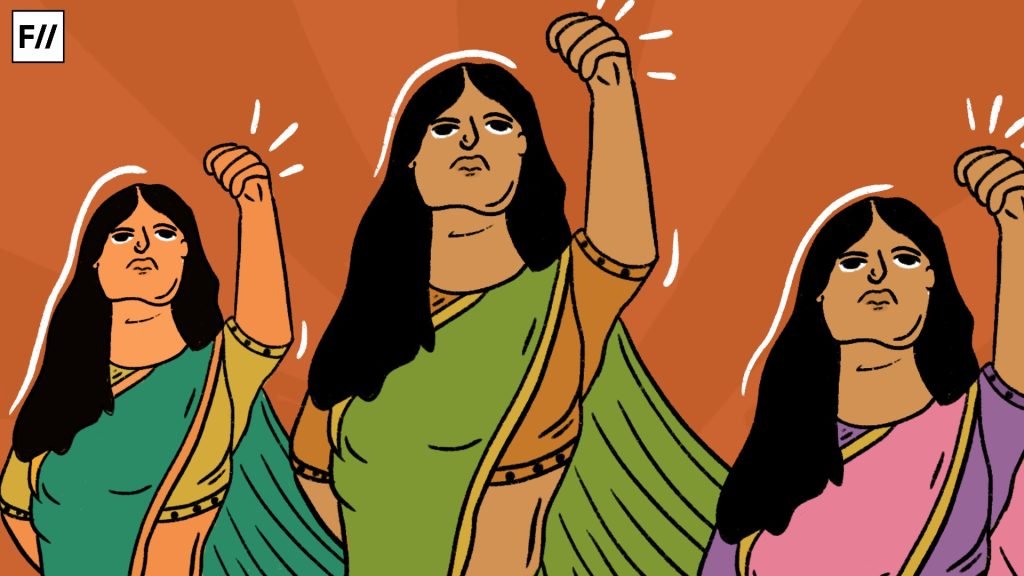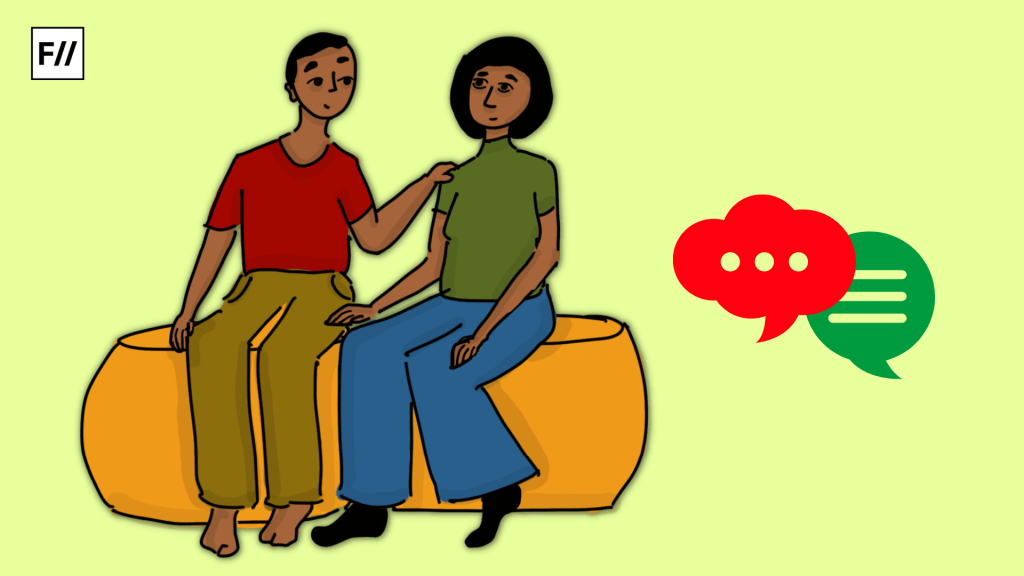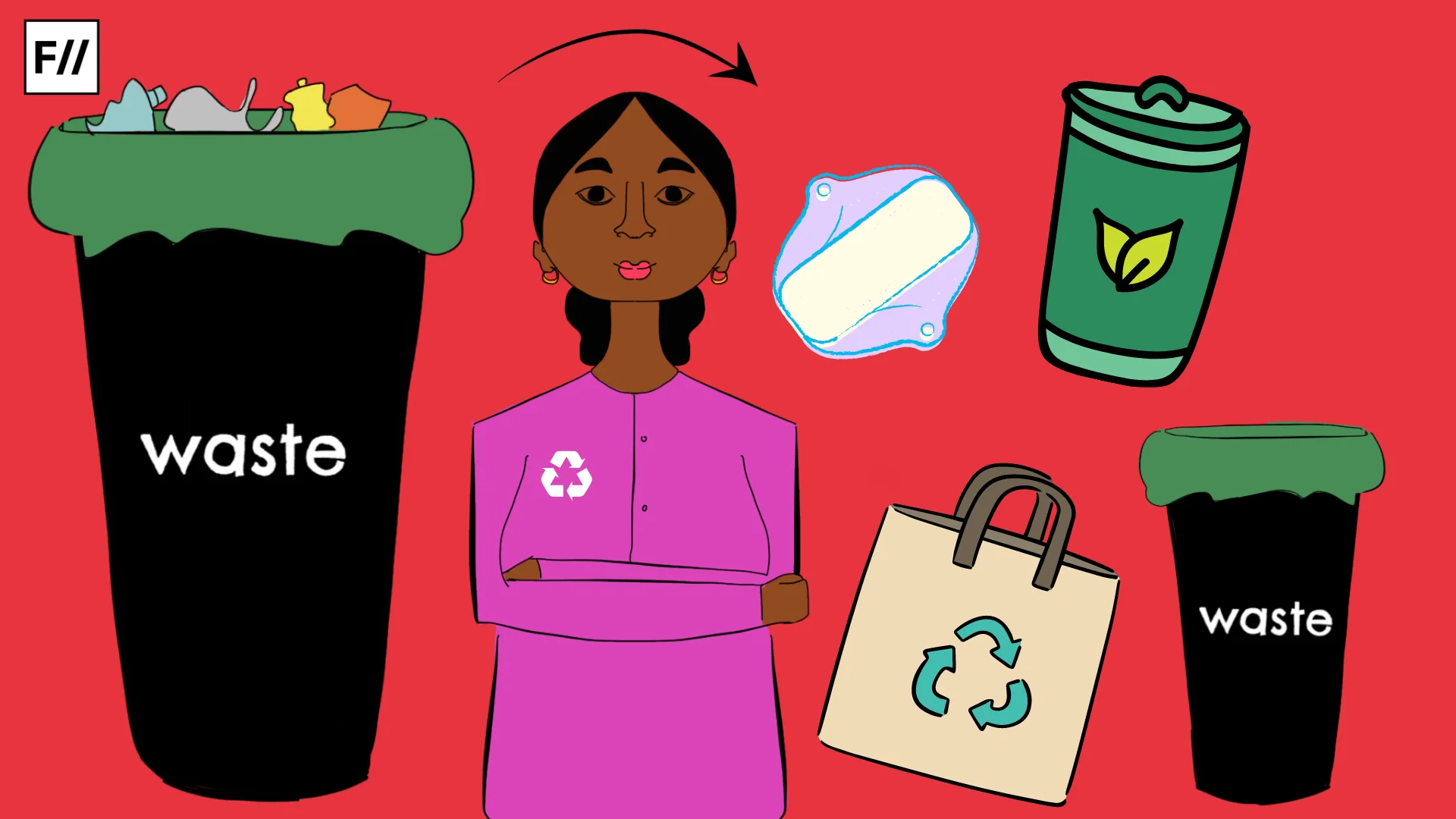Picture a place where everything becomes brighter and doors open with a smile widely given and compliments showering a person. The gentlemen doff their hats to the ladies and ladies do faint; this surely is the world of knights and damsels in distress! Not exactly. This sugary utopia may appear to be a feminist dream come true, but beneath the frosting sits a trap, sexism in the form of friendly measures, the promotion of benevolent sexism as a current trend.
Benevolent sexism, first coined by psychologists Glick and Fiske in 1996, refers to ostensibly pleasant attitudes and behaviours towards women that promote traditional gender norms. It portrays women as nurturing, sensitive beings that require protection from men. Consider the person who insists on carrying your heavy luggage, or the compliment about your appearance. While these gestures may appear innocent, they reinforce the notion that women are fundamentally weaker and less capable.
Benevolent sexism takes a more positive tone, idealising and flattering women who exemplify traditional norms (such as stay-at-home mothers), and portraying women as morally pure and unusually loving, but also as weak and incapable of self-care. Benevolent sexism sees gender interactions as cooperative and complementary, with men responsible for safety and security and women for nurturing and reproduction.
Two sides of the same coin
Sexism is often categorised as two faces defining what lies beyond the term and the casual comments.
Hostile Sexism is the overt variety of sexism characterised by negative stereotypes and prejudice against women. Consider jokes that insult women’s intelligence or remarks that suggest women are unsuitable for leadership positions.
Benevolent Sexism, on the other hand, is the sugar-coated form, expressing supposedly good attitudes towards women while reinforcing traditional gender norms. It depicts women as nurturing, sensitive beings who require men’s protection and gallantry.
Benevolent sexism in action
Some of the common examples of Benevolent Sexism include:
Chivalry includes holding the door open, offering a seat, and insisting on paying the tab. While these gestures may be nice, they can also perpetuate the notion that women are weaker and require men’s protection.

Compliments: Praising a woman’s appearance or domestic abilities may feel pleasant, but it diminishes her other qualities and accomplishments.
Paternalism: Talking down to women, explaining things in a condescending tone, or making decisions for them implies that they are less competent.
The “Damsel in Distress” cliche depicts women as weak victims who must be rescued by males, restricting their agency and strength.
Harmful influences of benevolent sexism
Benevolent sexism may come across as a gentle breeze, but it’s more like a slow drip, drip, drip that can eventually create a puddle of limitations for women.
Boxed In: Benevolent sexism is like a lovely cage. It encourages women to stay at home and discourages them from pursuing occupations or interests that are considered “manly.”
Confidence Crusher: Imagine someone continuously complimenting you on your beauty while never mentioning your intelligence. That is what benevolent sexism can feel like. It minimises women’s talents and causes them to doubt themselves, particularly in fields traditionally dominated by men.
Question the “Help Reflex”: Don’t presume that women require rescuing. Instead of offering to “help” with a hefty package, simply ask, “Would you like a hand with that?” This shift allows women to choose and avoid the perception that they are incompetent.
Don’t Ignore Microaggressions: Even seemingly harmless comments like “You throw like a girl” (meant as a joking jest) can undermine confidence. Speak Up! A simple, “Hey, that phrasing isn’t great,” can educate and foster a more inclusive environment.
Become an Equality Advocate: Support policies and activities that promote gender equality. This can range from fighting for fair pay to mentoring young ladies interested in STEM careers. Your voice can help shape a more equitable future.
The road that should be more travelled
It is a type of sexism with a positive undertone, therefore making people find it hard to detect since it looks more like an act of kindness. However, suppose the social constructionist’s underlying assumptions are recognised and the negative implications realised. In that case, it is possible to construct a context in which anyone, irrespective of gender, has the potential to benefit. It is about creating a world in which chivalry means controlling women as assets rather than as vessels to be safeguarded.

It means do not confuse benevolent sexism with making others seem evil and thinking that being polite is wrong. It is concerning the awareness of when what might look like positive assumptions can be detrimental. The future is not to just limit anyone to a specific type of role that is already determined but to embrace diversity. We need to use our collective effort to reject the prejudices that inhibit our development as a society.
Because benevolent sexism is a harmful ideology, it is crucial to understand what kind of beliefs the ideology comprises and what kind of harm it brings and, thus, start eradicating it. Thanks to this, we can overcome the ‘help reflex,’ recognise women’s accomplishments in every sphere, and demand shifts. Thus instead of painting us a picture that we are helpless females who ought to be saved by a man of a good character, we can proactively help in determining our destiny.
This is not to wage a war between hatred and politeness or good manners; this is about clearing a misconception. It is about eradicating this mentality and embracing true respect, developing a world in which women and girls would not be vulgar by the gross sexualisation and discriminated against even in video games. Therefore, let us radically de-transform this fable in a manner that does not chivalry from one horn to another but equality. They should dislodge ‘useful gender biases,’ and build a culture where people can choose any given type of the opposite sex that they would wish to be.
About the author(s)
With a passion for storytelling and a keen interest in human behavior, Iti Dewangan is currently honing her skills in journalism, psychology, and English Literature. Having contributed to esteemed organizations like The Wire, Iti is dedicated to amplifying voices, uncovering truths, and making a positive impact through her writing. With a vision to become a respected journalist, she endeavors to navigate the ever-evolving media landscape with integrity, empathy, and a commitment to truth.







Thanks for this informative article Iti. It is very important for women to first recognise this before crafting their own strategies to respond.